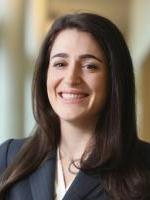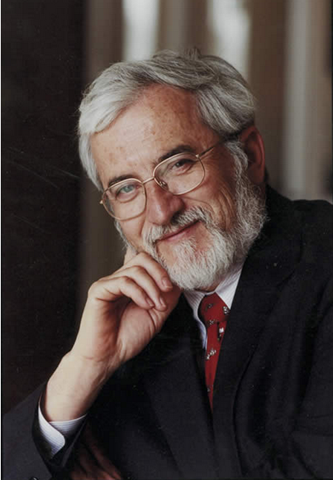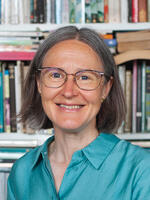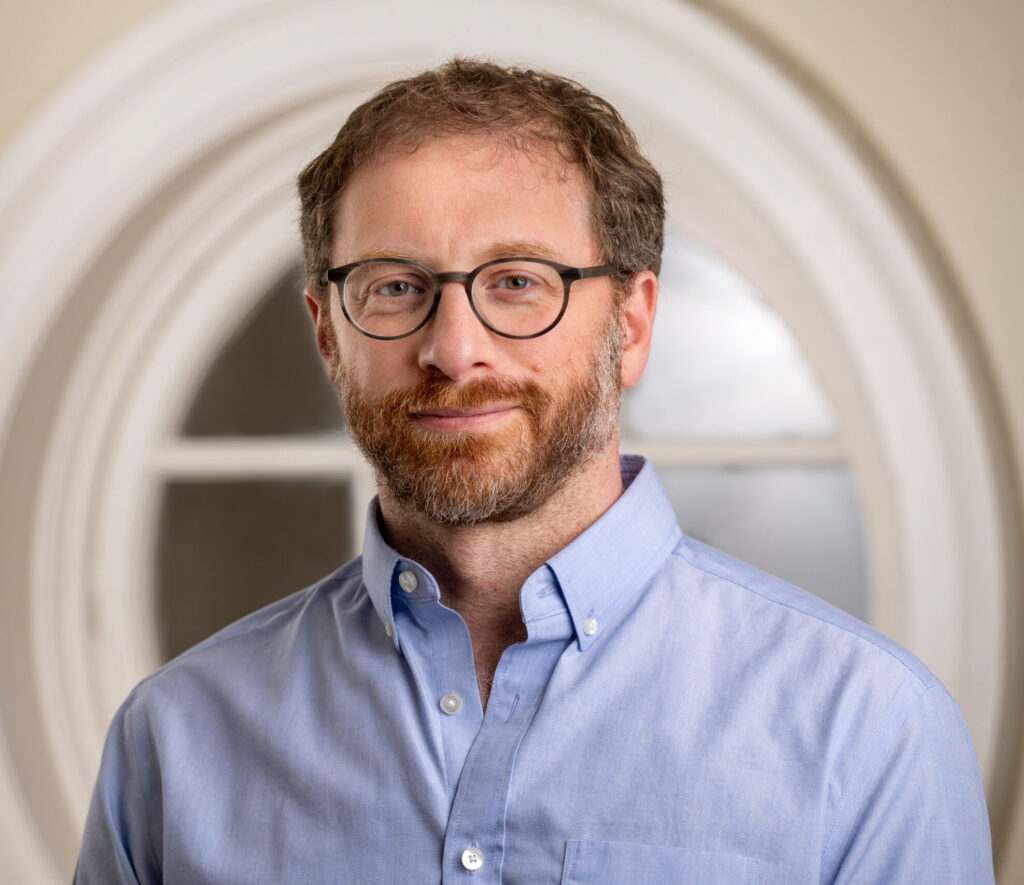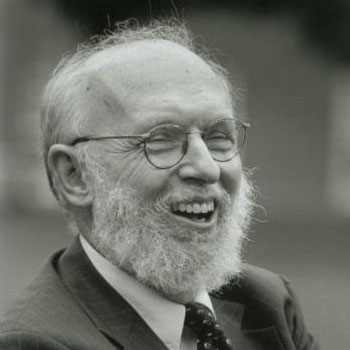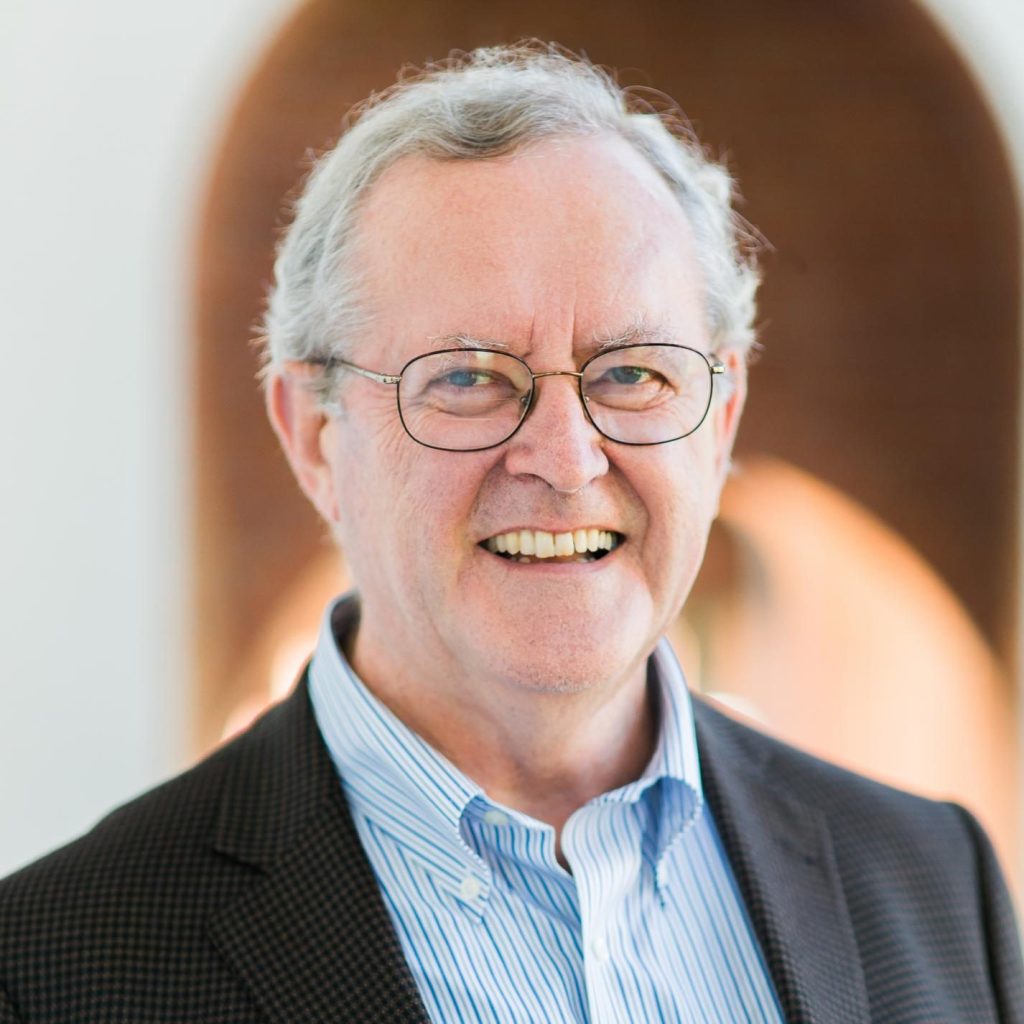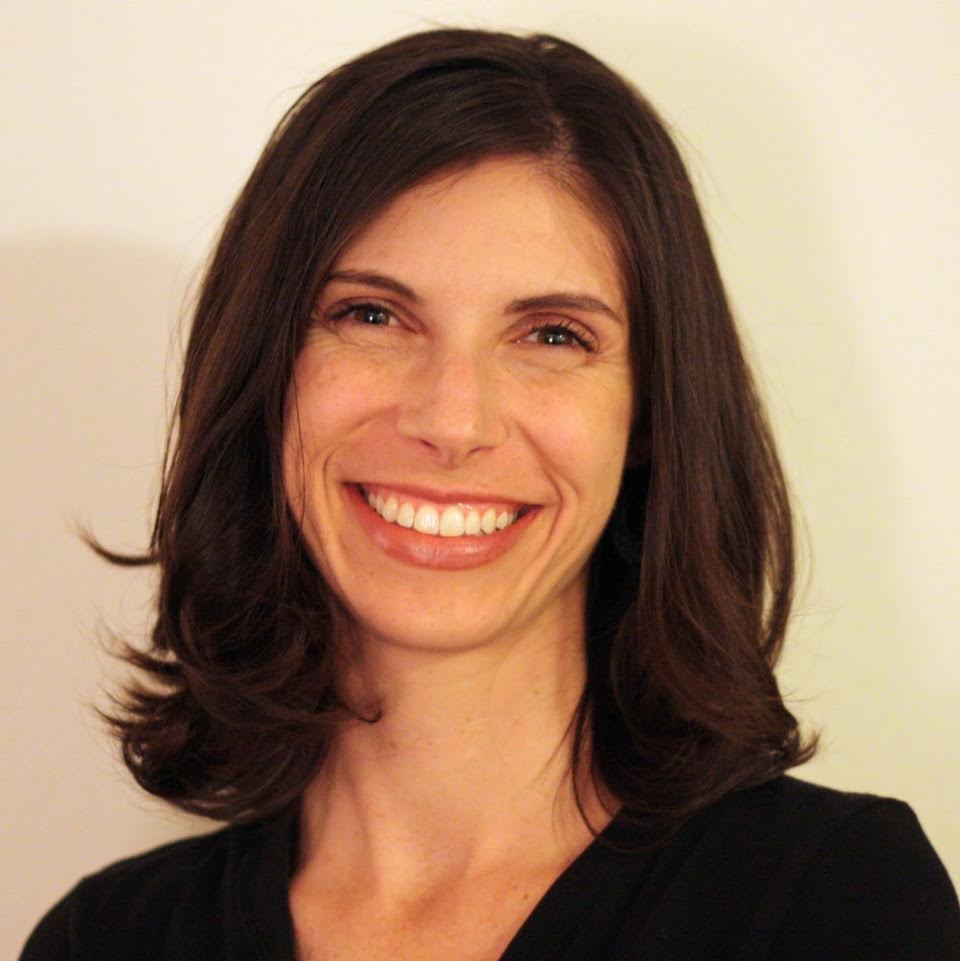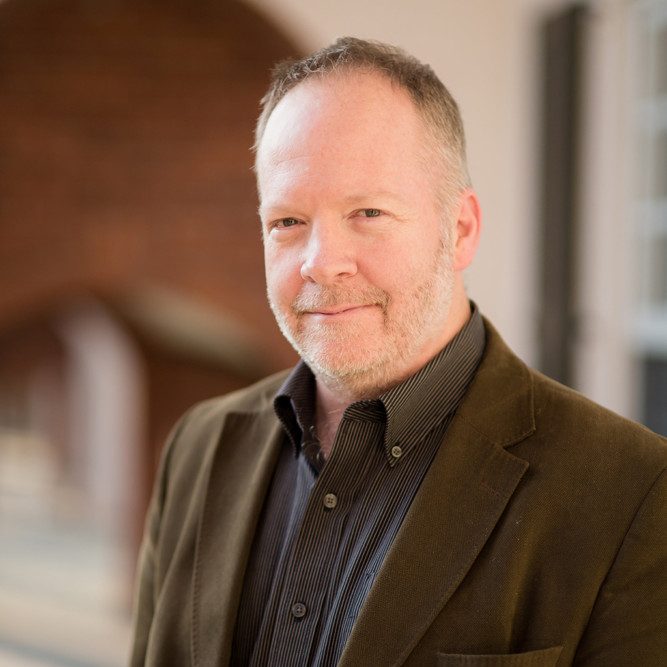Dr. Vayntrub’s areas of expertise include the Hebrew Bible, wisdom literature, biblical poetry and poetics, philology, and the history of biblical scholarship. Broadly, her work seeks to recover the values of ancient literary culture through the language of the texts and examines how these values were reshaped in their reception.
Dr. Vayntrub’s first book, Beyond Orality: Biblical Poetry on its Own Terms (Routledge, 2019), examines the modern scholarly history of theorizing biblical poetry and draws out the unresolved tension between theories about the oral genesis of biblical poetry and evidence that points to the the genre’s written origins. Her second book, Reframing Biblical Poetry argues that a character’s voice, deeds, and body shape the meaning of biblical texts. She has presented internationally, in keynote, and in named public lectures on her first and second book. Dr. Vayntrub has authored nearly twenty articles and essays in edited volumes and in peer-reviewed journals such as Vetus Testamentum, Zeitschrift für die alttestamentliche Wissenschaft, Biblical Interpretation, Catholic Bible Quarterly, Hebrew Bible and Ancient Israel, and Harvard Theological Review. A number of her recent publications relate to her current book project, Seeking Eternity: Transmission and Mortal Anxiety in Biblical Literature, for which Dr. Vayntrub was awarded a 2019-2020 fellowship at the Katz Center for Advanced Judaic Studies at the University of Pennsylvania.
She is founder and chair of the Philology in Hebrew Studies program unit at the Society of Biblical Literature Annual Meeting, and chair of the Hebrew Bible, History, and Archaeology program unit. She has organized conferences at Yale, Harvard University, Princeton University, and the Center for Hellenic Studies in Washington D.C. In collaboration with colleagues at UC Davis, UNC Chapel Hill, and the University of Oxford, Dr. Vayntrub directs Renewed Philology, an international working group of scholars in biblical studies whose work reflects critically on the intellectual frameworks of the reader that are brought to bear in philological practice.
